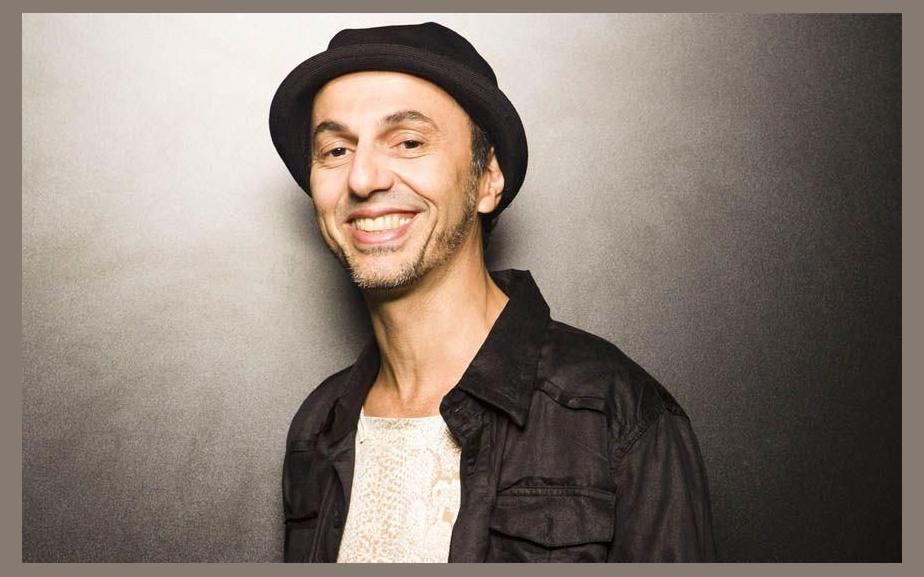 Zeca Baleiro
Zeca Baleiro
Zeca Baleiro: A Poetic Songwriter with a Controversial Past
Zeca Baleiro, born José Ribamar do Vale Filho, is a renowned Brazilian singer-songwriter known for his ethereal lyrics and captivating melodies. His music, a mesmerizing tapestry of folk, rock, and experimental influences, has won him critical acclaim and a devoted fan base.
Early Life and Influences
Baleiro's musical journey began in the northeastern city of São Luís, where he absorbed a rich blend of traditional rhythms and melodies. As he grew older, he discovered the works of poets such as Carlos Drummond de Andrade and João Cabral de Melo Neto, whose words ignited his own creative spark.
Debut and Critical Success
Baleiro released his debut album, "Por Onde Andará Stephen Fry?", in 1997. The album's introspective lyrics and experimental sound caught the attention of critics and earned him a loyal following. His subsequent albums, including "Vôo Noturno" (2001) and "Telegrama" (2007), cemented his status as a formidable songwriter.
"Telegrama": A Poetic Masterpiece
"Telegrama," the title track from Baleiro's 2007 album, is a poignant ballad that captures the bittersweet longing of a lost love. With its haunting melody and evocative imagery, the song became one of his most enduring and beloved works.
Challenges and Controversies
Despite his musical prowess, Baleiro has faced his share of challenges. In 2001, he was accused of plagiarism in his song "O Buraco." While he eventually cleared his name, the incident left a mark on his reputation. Additionally, his outspoken views on politics and social issues have occasionally drawn controversy.
Discography Highlights
* Por Onde Andará Stephen Fry? (1997)
* Vôo Noturno (2001)
* Telegrama (2007)
* O Mundo (2010)
* Era Domingo (2013)
* Baião de Lacan (2016)
* Canções d'Além-Mar (2019)
Members
Zeca Baleiro's band has undergone several lineup changes over the years. Current members include:
* Zeca Baleiro (vocals, guitar)
* Tuco Marcondes (keys, accordion)
* Fernando Nunes (bass)
* Cláudio Telles (drums)
Zeca Baleiro's music continues to captivate audiences with its lyrical depth, melodic brilliance, and fearless exploration of human emotions. Despite his challenges, he remains a respected and influential figure in the Brazilian music scene, leaving an enduring legacy as a master of poetic songwriting.
Zeca Baleiro, born José Ribamar do Vale Filho, is a renowned Brazilian singer-songwriter known for his ethereal lyrics and captivating melodies. His music, a mesmerizing tapestry of folk, rock, and experimental influences, has won him critical acclaim and a devoted fan base.
Early Life and Influences
Baleiro's musical journey began in the northeastern city of São Luís, where he absorbed a rich blend of traditional rhythms and melodies. As he grew older, he discovered the works of poets such as Carlos Drummond de Andrade and João Cabral de Melo Neto, whose words ignited his own creative spark.
Debut and Critical Success
Baleiro released his debut album, "Por Onde Andará Stephen Fry?", in 1997. The album's introspective lyrics and experimental sound caught the attention of critics and earned him a loyal following. His subsequent albums, including "Vôo Noturno" (2001) and "Telegrama" (2007), cemented his status as a formidable songwriter.
"Telegrama": A Poetic Masterpiece
"Telegrama," the title track from Baleiro's 2007 album, is a poignant ballad that captures the bittersweet longing of a lost love. With its haunting melody and evocative imagery, the song became one of his most enduring and beloved works.
Challenges and Controversies
Despite his musical prowess, Baleiro has faced his share of challenges. In 2001, he was accused of plagiarism in his song "O Buraco." While he eventually cleared his name, the incident left a mark on his reputation. Additionally, his outspoken views on politics and social issues have occasionally drawn controversy.
Discography Highlights
* Por Onde Andará Stephen Fry? (1997)
* Vôo Noturno (2001)
* Telegrama (2007)
* O Mundo (2010)
* Era Domingo (2013)
* Baião de Lacan (2016)
* Canções d'Além-Mar (2019)
Members
Zeca Baleiro's band has undergone several lineup changes over the years. Current members include:
* Zeca Baleiro (vocals, guitar)
* Tuco Marcondes (keys, accordion)
* Fernando Nunes (bass)
* Cláudio Telles (drums)
Zeca Baleiro's music continues to captivate audiences with its lyrical depth, melodic brilliance, and fearless exploration of human emotions. Despite his challenges, he remains a respected and influential figure in the Brazilian music scene, leaving an enduring legacy as a master of poetic songwriting.